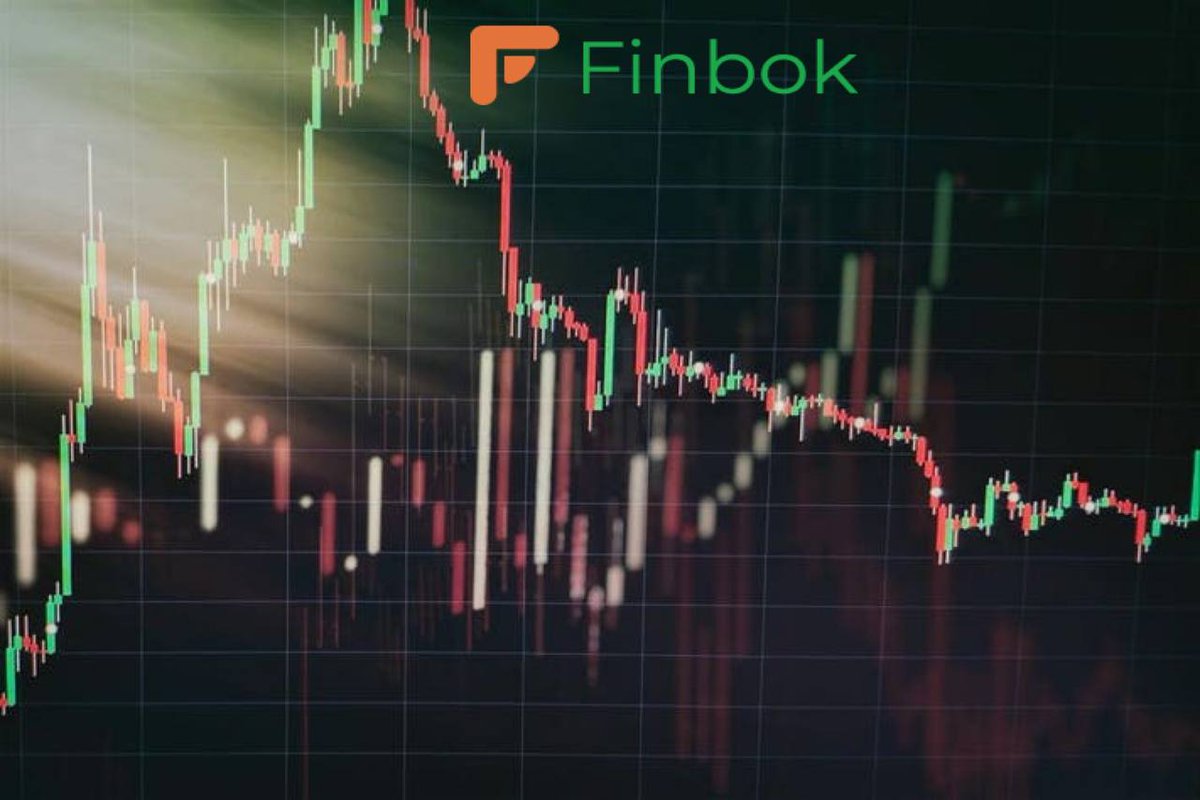Untrained Potential: Exploring Forex Trading in Southerly Africa

Forex trading in South Africa presents a vast opportunity for individuals to be able to engage in the global financial markets plus potentially grow their wealth. As one particular of the most liquid and dynamic markets globally, currency trading offers a various selection of instruments, which include gold, stocks, commodities, and indices, most of which are actively traded throughout South Africa. With the advancements in technologies and access to online trading platforms, South African traders may now easily be involved in forex trading through the comfort of their homes or on-the-go using their cell phones. This accessibility provides opened doors for many aspiring investors to enter the market and explore the different trading opportunities accessible.
Benefits associated with Forex Trading in South Africa
Forex trading in South Africa offers people the opportunity in order to participate in one of many largest financial marketplaces in the entire world. With the capability to trade different currency pairs, this provides a varied investment option in contrast to traditional marketplaces.
Platinum trading in South Africa is also the popular choice among Forex traders. The country's rich drinking resources make it an attractive marketplace for those searching to invest inside precious metals, offering up profit potential diversification.
Additionally, joining in stocks investing in South Africa via the Forex marketplace allows investors to get into a wide array of companies listed on the Johannesburg Stock Trade. This permits traders to be able to capitalize on community market opportunities whilst taking advantage of the liquidity and adaptability of the particular Forex market.
Tips for Prosperous Trading in South Africa
Whenever delving into Forex Trading South Africa, it is vital to conduct comprehensive research on typically the market trends, monetary indicators, and geopolitical events affecting typically the region. Stay knowledgeable about the recent developments in Gold Trading South Africa, Stocks and options Trading South Africa, Goods Trading South Africa, and Indices Trading South Africa to create well-informed buying and selling decisions.

Designing a solid trading strategy tailored to be able to the unique attributes of the Southern region African market could greatly enhance the chances of success in Forex stock trading. Consider factors like market hours, liquidity, and volatility to optimize your buying and selling approach. Remember in order to diversify your collection across different property classes such since gold, stocks, goods, and indices in order to mitigate risks.

Risk management is essential to long-term accomplishment in trading. Set in place stop-loss orders, stay to your buying and selling plan, and prevent emotional decision-making. Employ risk management equipment offered by investing platforms to safeguard your current capital and take full advantage of profitability within the active environment of Forex Trading South Africa.
Regulations and Oversight in South Africa
Forex trading in South Africa is regulated by simply the Financial Industry Conduct Authority (FSCA), which ensures of which market participants comply with strict rules to protect buyers. The FSCA displays the activities of forex brokers, ensuring transparency and good practices in the industry.
When it comes along to gold stock trading in South Africa, the particular oversight extends in order to the South African-american Reserve Bank (SARB), which regulates the particular flow of platinum as well as other precious mining harvests in and out with the country. Typically south african brokers aims to be able to maintain stability inside the gold buying and selling market and prevent illegal activities this kind of as smuggling.
For stocks and shares, commodities, and indices trading in South Africa, the Johannesburg Inventory Exchange (JSE) performs a crucial role in overseeing these types of markets. The JSE regulates the list and trading of stocks, commodities, and indices, ensuring that market participants stick to established rules and regulations.
